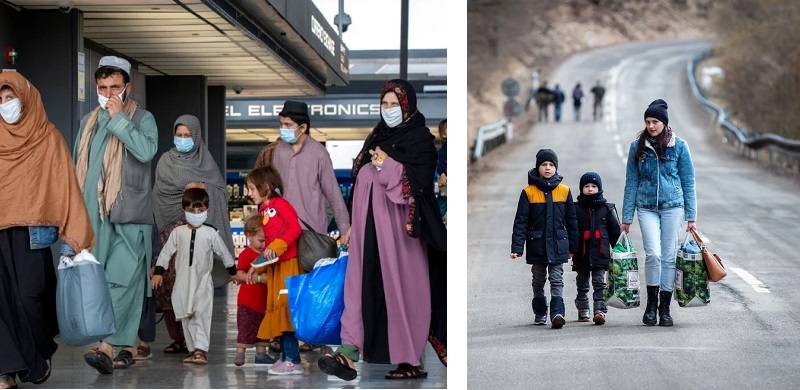
While 11 members of the UN Security council voted in favour of a resolution on ending the Ukraine crisis, which suggests a strong consensus among the world around human rights, with Russia vetoing the resolution and China abstaining – both P5 states, legally speaking – the United Nations Security Council has, in my opinion reached its Waterloo.
The legal precedent that flows out of this debacle is that the P5 states can wreak havoc with impunity and weaker countries are no longer safe anymore. This means, that we can reasonably expect military action against Taiwan by China very soon, and in the event, there would be a similar result at the UN Security Council.
The failing of the UN can also be compared to the failure of the League of Nations in stopping World War 2 – and it might just happen that we face a global war of comparable scale.
A massive war ultimately means many deaths, and for those that survive that conflagration, they will continue to live through hell as refugees. Based on the 1951 Refugee Convention, as per Article 1, while all victims of the Ukraine war will definitely qualify under the definition and are to be provided with protection in theory, it does not mean that they will receive such protection in reality.
To illustrate this, let us not forget the 20-year war in Afghanistan and the departure of the USA, leading to the rise of another Taliban government, which they intended to get rid of when they took effective control of the country in early 2001, post-9/11. The same thing happened in Iraq, where after the Gulf War, the country continued to suffer sanctions based on weapons of mass destruction that have not been found to date. Both of these events led to the creation of millions of refugees and put a massive strain on the UN refugee agency and national states’ refugee settlement programs.
What is absolutely certain is that the creation of more refugees, which is inevitable, will not just further strain the current refugee resettlement systems but there might just not be any way out for the refugees themselves. As to where would they be resettled and how much time it will take are serious questions for these human beings who longer have a roof over their heads.
The legal precedent that flows out of this debacle is that the P5 states can wreak havoc with impunity and weaker countries are no longer safe anymore. This means, that we can reasonably expect military action against Taiwan by China very soon, and in the event, there would be a similar result at the UN Security Council.
The failing of the UN can also be compared to the failure of the League of Nations in stopping World War 2 – and it might just happen that we face a global war of comparable scale.
A massive war ultimately means many deaths, and for those that survive that conflagration, they will continue to live through hell as refugees. Based on the 1951 Refugee Convention, as per Article 1, while all victims of the Ukraine war will definitely qualify under the definition and are to be provided with protection in theory, it does not mean that they will receive such protection in reality.
To illustrate this, let us not forget the 20-year war in Afghanistan and the departure of the USA, leading to the rise of another Taliban government, which they intended to get rid of when they took effective control of the country in early 2001, post-9/11. The same thing happened in Iraq, where after the Gulf War, the country continued to suffer sanctions based on weapons of mass destruction that have not been found to date. Both of these events led to the creation of millions of refugees and put a massive strain on the UN refugee agency and national states’ refugee settlement programs.
What is absolutely certain is that the creation of more refugees, which is inevitable, will not just further strain the current refugee resettlement systems but there might just not be any way out for the refugees themselves. As to where would they be resettled and how much time it will take are serious questions for these human beings who longer have a roof over their heads.

